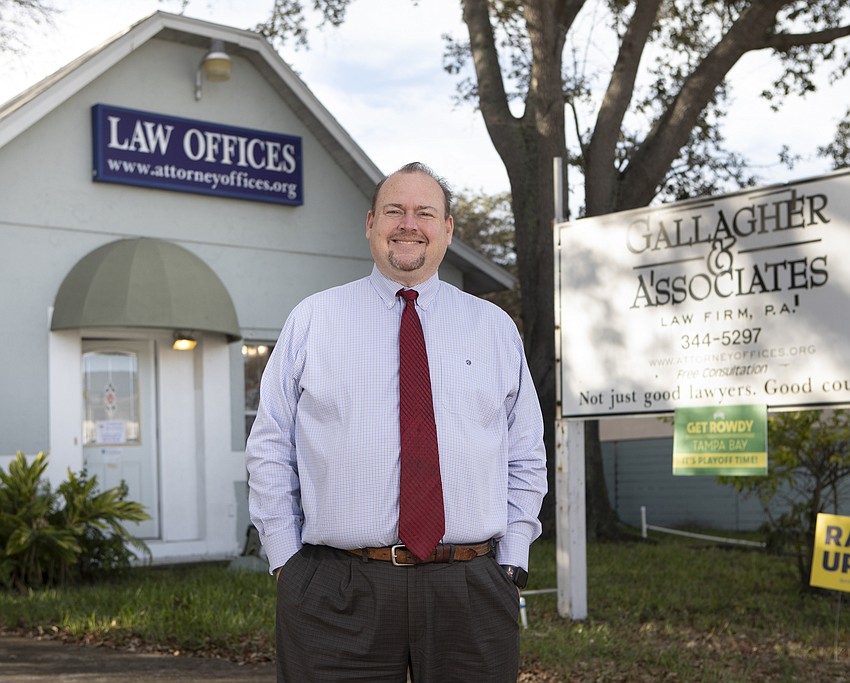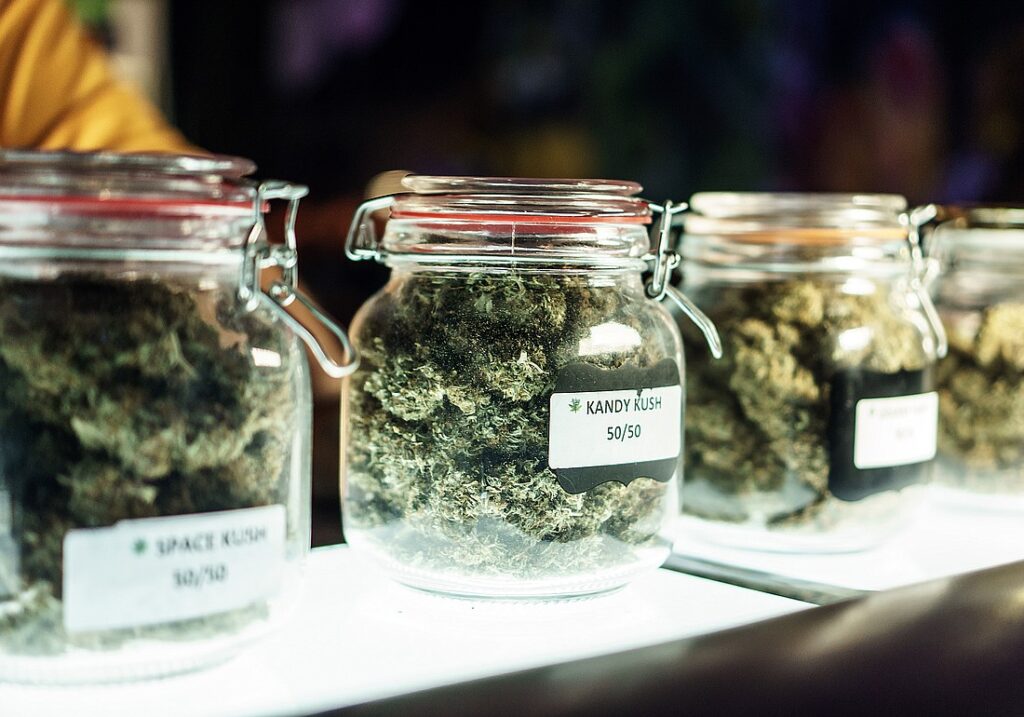In less than a decade, nearly half the United States — 24 states plus Washington, D.C., and Guam — has opted to approve adult recreational use of marijuana. More than a dozen other states, including Florida, have medical cannabis programs or have decriminalized weed, while only four states — South Carolina, Kansas, Wyoming and Idaho — maintain a fully illegal stance toward marijuana.
In the November 2023 elections, Ohio — which, like Florida, is a former swing state turned red — became the latest state to approve recreational cannabis use and thus welcome a new multibillion industry, not to mention the prodigious amount of tax revenue that it brings. Is that a sign of things to come in the Sunshine State?
A measure that would put a proposed recreational cannabis amendment on the 2024 general election ballot has garnered enough signatures to move forward and is currently being reviewed by the Florida Supreme Court, which is expected to rule on it by April 1.
An organization called Smart and Safe Florida, backed by nearly $40 million in contributions from Trulieve, one of the largest providers of medical cannabis in Florida, sponsored the ballot initiative.
The Drug Free America Foundation and Florida Chamber of Commerce oppose the amendment, and in November Jeffrey DeSousa of Florida Attorney General Ashley Moody’s office argued before the Florida Supreme Court that the wording of the proposed amendment is confusing and would mislead voters. DeSousa, the state’s chief deputy solicitor general, stated Florida voters would struggle to understand that cannabis use and possession remains illegal under federal law. He also says the amendment would lead to less competition in the cannabis marketplace, raising the specter of large companies such as Trulieve using the measure as a springboard toward a monopolized industry.
The attorney general office’s position didn’t seem to resonate with the court, with Justice Charles Canady saying he was “baffled” by the state’s arguments against the amendment.
“I think they’re reaching,” says Charles Gallagher, a St. Petersburg attorney who’s been following the proposed amendment and believes it will not only appear on the ballot in November 2024 but also clear the 60% voter approval threshold that it needs to be enshrined into Florida law. “The argument that it’s not stating explicitly that, ‘Yes, this is going to be lawful under Florida law, but unlawful under federal law’ — I think the justices didn’t buy that rationale.”
If past is prologue, then Gallagher’s bet appears to be a safe one. With 71% of the vote in 2016, Floridians overwhelmingly voted in favor of an amendment authorizing adult use of medical cannabis. Among states and territories that have approved recreational cannabis amendments, the measures’ average margin of victory, collectively, was 15.65%.
Although organized opposition to the proposed amendment has been scant so far, Gallagher, who handles insurance litigation, foreclosure defense, expects to see “significant campaigning and lobbying the public” after it’s officially on the ballot.

“You’re going to have a little more divisiveness,” he says. “(Medical) marijuana seems to be a different ideological issue than purely recreational, so maybe you don’t hit 71%? I don’t know — it’s a hard forecast to make.”
What isn’t difficult to predict is the financial impact that a legal recreational cannabis industry would have on Florida’s coffers. According to a study by the Florida Financial Impact Estimating Conference, “Based on other states’ experiences, expected retail sales of non-medical marijuana would generate at least $195.6 million annually in state and local sales tax revenues once the retail market is fully operational, although the timing of this occurring is unclear.”
In Florida, sales of medical marijuana are tax exempt, so the Florida Legislature would likely have to create a new regulatory framework that would delineate medical and non-medical cannabis commerce. Lawmakers could also authorize more cannabis licenses, easing fears of a monopolized marketplace.
“The numbers we’re talking about are billion-dollar numbers, as far as economic impact is concerned,” Gallagher says. “That is significant, obviously, for our state. I think the states that have [approved adult recreational cannabis use] and experienced it are happy about it. It’s a phenomenal economic boost.”
Even if the amendment doesn’t pass in 2024, Gallagher expects proponents to keep trying — and eventually triumph. Florida’s foray into medical cannabis has been a success, and marijuana, in general, doesn’t inflame the fires of the culture wars the way it did decades ago, when it was stigmatized as a “gateway drug” for young people.
“We’re fighting about books in schools but we’re OK with [marijuana],” Gallagher says. “Nobody saw that coming. You don’t see the ideological pushback.”
H/T: www.businessobserverfl.com



